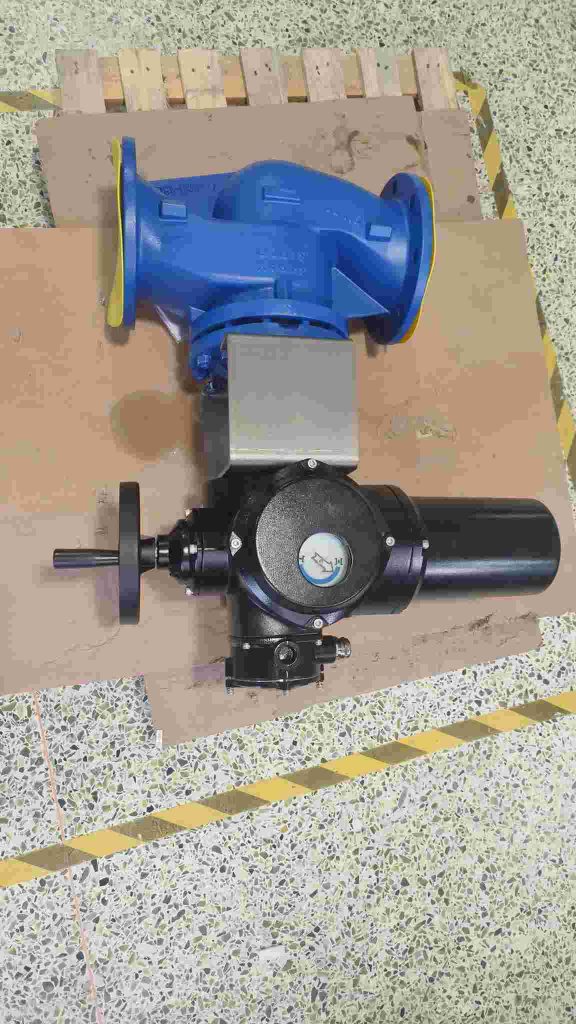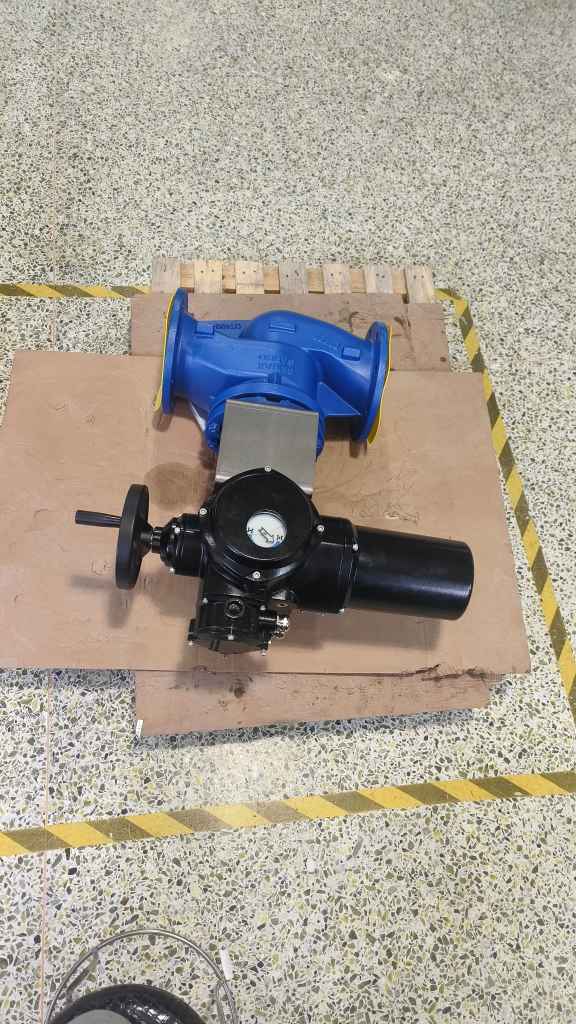The world is transitioning toward cleaner and more sustainable energy sources, and hydrogen is emerging as a key player in this energy revolution. Hydrogen energy, often touted as the fuel of the future, offers significant potential for reducing carbon emissions and powering industries, transportation, and residential applications. However, the safe handling and management of hydrogen is paramount due to its highly flammable and volatile nature. In this context, the Hydrogen Energy Electric Shut-Off Valve plays a crucial role in ensuring the safety, efficiency, and reliability of hydrogen systems.

What is a Hydrogen Energy Electric Shut-Off Valve?

A Hydrogen Energy Electric Shut-Off Valve is a critical component in hydrogen systems, responsible for controlling the flow of hydrogen gas. This electric valve is designed to automatically shut off or control the hydrogen flow in the event of an emergency or system malfunction, offering an essential safety measure. It is used across a variety of applications, including hydrogen storage tanks, fuel cell systems, and hydrogen fueling stations. Unlike traditional mechanical valves, which are operated manually or by pneumatic pressure, the electric shut-off valve is electronically controlled. This allows for automated, precise, and remote operation, making it an ideal choice for modern hydrogen systems that require high levels of monitoring and control.
